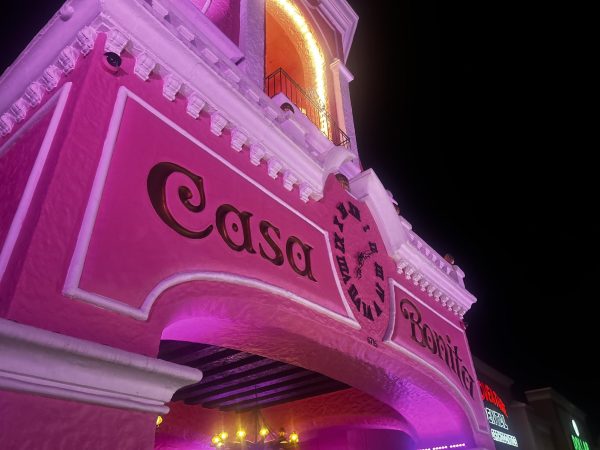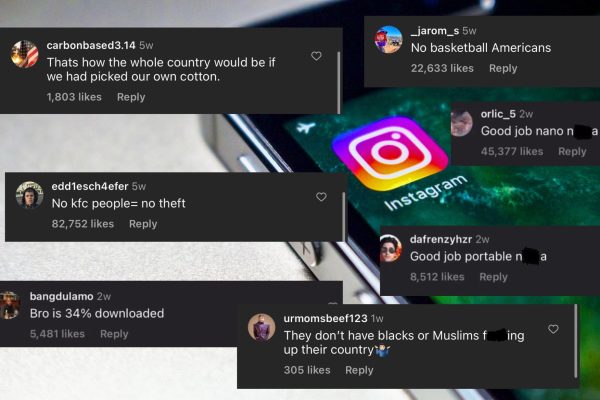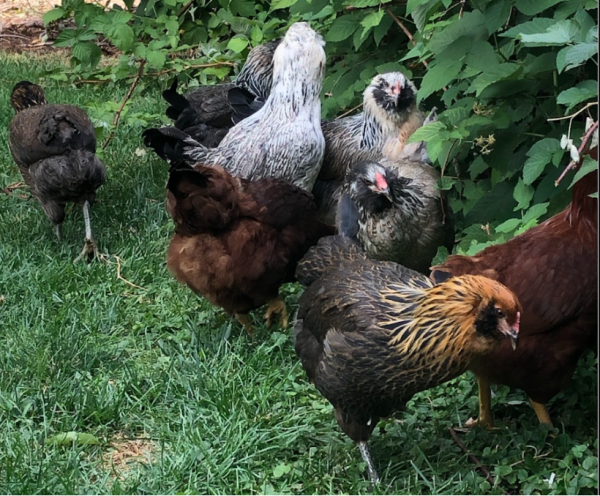Boulder’s Sugar Tax: Back to 1773
I went to Safeway on 28th and Iris in Boulder. Craving a soda, I went to aisle six, the soft drink aisle, for a 12-pack of Coca-Cola. What did I find? Outlandish prices for that 12 pack, each can holding just 12 ounces. Although I still bought the soda, it leaves me a bit annoyed. I asked myself, why is it that prices for soda in Boulder are so much more than in Longmont or Superior, just one town away?
In Boulder County, soft drinks with added sugar are more expensive than anywhere else in the United States. So why is this? The answer- a sugar tax that Boulder County imposes on the distribution of drinks containing added sweeteners. The County takes a two cent tax on each ounce of sugary beverage that is distributed, the highest tax on this in the country. The tax has brought in 5.2 million dollars in the first year and continues to make millions of dollars for Boulder County, which, as of 2020, had a budget of 439.9 million. Boulder County claims that the tax is used to reduce the consumption of unhealthy drinks and in turn reduce the level of obesity. As well as “decreasing obesity,” the County also claims to use the money to provide health equity. In reality, it is just another way for the government to get more and more money. The only result of the tax is frustration among Boulder residents and the burdening of small businesses.
I can only think back to 1773 and the oppressive Tea Act imposed upon American colonizers. After much conflict and unrest among colonizers, they dumped 342 chests of imported tea into Griffin’s Wharf in Boston. The American colonizers justified their actions by stating that taxation without representation was unjust. Although nothing of that sort is in the cards for the sugar tax in Boulder, the principle of standing up against a cause one feels passionately about can be applied. While the tax is a voter-initiated tax that took effect on July 1, 2017; I think that it needs to be rethought. After a recent poll of Boulder High students, I realized that the tax doesn’t actually decrease consumption, as 71% say that the tax has never stopped them from buying a sugary drink, which is the direct goal of the tax.
Since the tax does not dissuade residents from buying sugary drinks, obesity rates don’t decrease. The only thing the tax accomplishes is burdening small business owners and consumers. So how can we abolish this useless, burdensome tax? Unfortunately, there is not a whole lot one can do. While writing letters to the mayor, protesting on the street and vocally opposing the tax is useful, the only way to abolish the tax is to vote it out of effect in the next local election this November. Although Boulder’s sugar tax is not on the ballot in the upcoming election, we can put this measure on the ballot. Residents can create an electronic initiative petition, that, with enough signatures, will place the tax on the ballot. I dream that one day Boulder residents will pay the same price for beverages with added sugar as citizens across America.

Jonathan Stafford is a senior at Boulder High School this year and will be taking on the role of editor-in-chief. This is his third year with The Owl. He has always liked writing and sharing his opinions. He looks forward to sharing his thoughts and opinions with the Boulder High community. When not in school, Jonny enjoys playing basketball and baseball, fantasy football, hanging out with friends and family, and being out in nature. He feels that journalism is a great way to educate the general population while expressing his own opinions. One debate he feels passionate about is the grape debate. When it comes to this debate, he feels that purple grapes are superior to any other type of grape.







Dave Blackwood • Dec 26, 2021 at 11:42 pm
Brilliant. Agree 100%